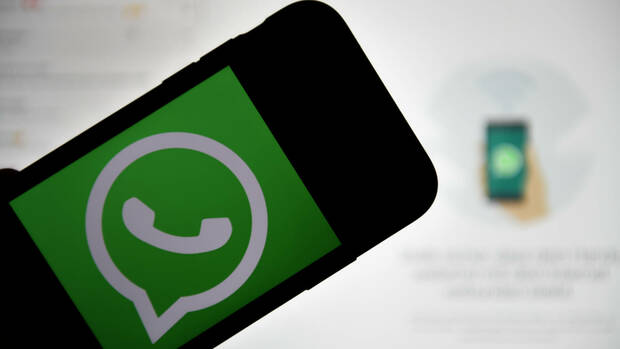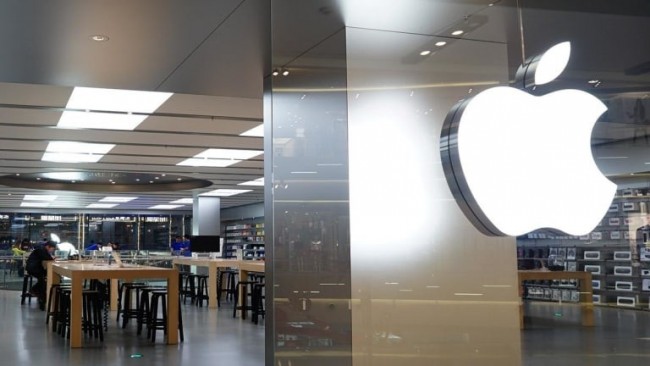San Francisco Eight years after the purchase of WhatsApp, the Facebook group Meta is fundamentally restructuring the business model of the messenger service. The company has set up an interface for corporate customers and also offers premium paid services for business customers, Facebook founder Mark Zuckerberg said on Thursday. This should enable companies to interact better with their customers.
“I am pleased to announce that we will be opening WhatsApp to any company of any size around the world,” Zuckerberg said. Companies have access to the platform via the WhatsApp Cloud API interface – and can thus send and receive messages directly to customers via WhatsApp. The use is initially free of charge – the company wants to charge money for additional services.
For some time now, WhatsApp has been experimenting with access to the platform for companies. However, the use was technically more complex for many companies. This system is now moving WhatsApp to the cloud to make it easier to use and open up new sources of income.
Companies currently pay WhatsApp for every message sent. Prices vary depending on the region and the number of messages sent. By the end of last year, tens of thousands of companies had been set up on the non-cloud-based version of the corporate interface, including brands such as BMW, Vodafone, Coppel, Sears Mexico, KLM Royal Dutch Airlines, Iberia Airlines and others.
Zuckerberg said: “Already, more than a billion users connect to a business account every week through our messaging services. They ask for help to find products and services.“
WhatsApp is considered the largest chat service in the world. More than two billion people in the world use the service monthly. In Germany, more than 83 percent of Internet users use the service, as the analysis service Datareportal has determined. Another product of the Meta Group is in second place among messenger services: The Facebook Messenger with around 35 percent. By contrast, the messenger signal, which is considered to be particularly secure, is only around eleven percent.
The opening of the interface to users around the world is very good news, said Indian tech entrepreneur Udit Goenka. Several programmers reported online that they had already successfully tested the new interface.
WhatsApp is taking a step that Chinese rival WeChat already took more than ten years ago. WeChat owner Tencent had opened its platform to corporate customers. Today, the service is its own online cosmos, in which users can exchange ideas with companies online, but also purchase and pay for products.
WhatsApp changed its terms of use for the new service last year. Concerns that more data from the chat service should be shared with Facebook caused a lot of excitement. The Group has always stressed that the adjustments are only about creating a framework for communication between companies and their customers.
The Facebook group had bought WhatsApp in 2014 for about 22 billion dollars in the end. Before that, WhatsApp lived on the fee of one dollar a year, after the acquisition, Facebook struggled to establish a new business model for the service.








